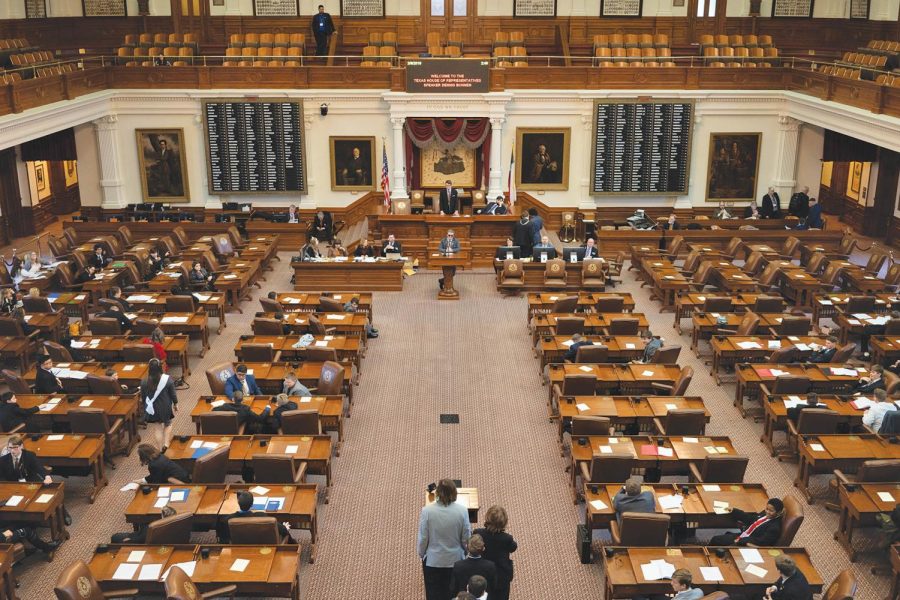Bill would allow homeschool students to participate in public school sports
previous attempts to allow homeschoolers to participate in public school sports have failed to pass on the House.
With the Texas Legislature now in session, a wide variety of bills concerning issues of education and property tax reform are on the table. One that has sparked widespread debate in the past is the ‘Tim Tebow’ bill. Introduced this year by Rep James Frank, the bill would allow homeschoolers around the state to participate in public school sports and other extra-curricular activities without attending public schools.
The bill carries the name of the former NFL quarterback because Tim Tebow was homeschooled in Florida, a state where homeschoolers are allowed to participate in public school sports. Tebow was among the first to participate, and his performance as a quarterback in high school led him to play starting quarterback at the University of Florida, where he won the Heisman Trophy in 2007.
The bill has been passed through the Texas Senate three times with broad support, yet it has never made it through the House of Representatives. The most recent time it was introduced was in the 2017 Texas legislature. However, it died in the legislative session one vote short of passing the house committee.
Despite this, the homeschool community is optimistic that this year will be the year that Texas joins the other 35 states in the U.S that have approved legislation allowing homeschool families to participate in extracurricular activities.
“One of the main factors with regard to this year is the new speaker of the house, Republican Dennis Bonen. The way he’s set up the committee, he’s brought in new members of the education committee that I think will possibly be more supportive of the bill,” according to Stephen Howsley, a lobbyist for the Texas Homeschool Coalition.
The main argument from the perspective of many public school sports members is that allowing non-public school students to compete in public school sports would cause more confusion with state laws and restrictions on homeschoolers and give them an unfair advantage.
Among the biggest groups that have advocated against the bill is the Texas Girls Coaches Association. When asked about the bill, Executive Director Sam Tipton said, “The Texas Girls Coaches Association is strongly opposed to this Bill as it is currently written.” Tipton expressed concern in an email interview with Hilltop Views that the bill provides, “an unlevel playing field. Restrictions & state law for the public school athlete, with these restrictions, lifted for the private school athlete. Apples and oranges.”
One argument in favor of the bill is that homeschool families are taxpayers, pay for the funding of extracurricular activities such as football with their taxpayer dollars and yet their children are prohibited from enjoying these activities because they do not attend public school.
As Howsley pointed out, “There’s a lot of safeguards in the bill that prevent homeschoolers from gaming the system. One of the main things is time restrictions on when a homeschooler can join a sports league, for example, if a former public school student drops out and starts homeschooling there’s a certain amount of time they will have to wait before they can join a team.” Howsley and other homeschoolers believe provisions like this one will make this year different for the Texas Committee.









George Martin • Feb 21, 2021 at 8:42 pm
We are new to the area and are interested in finding out if there has been any update on this bill?